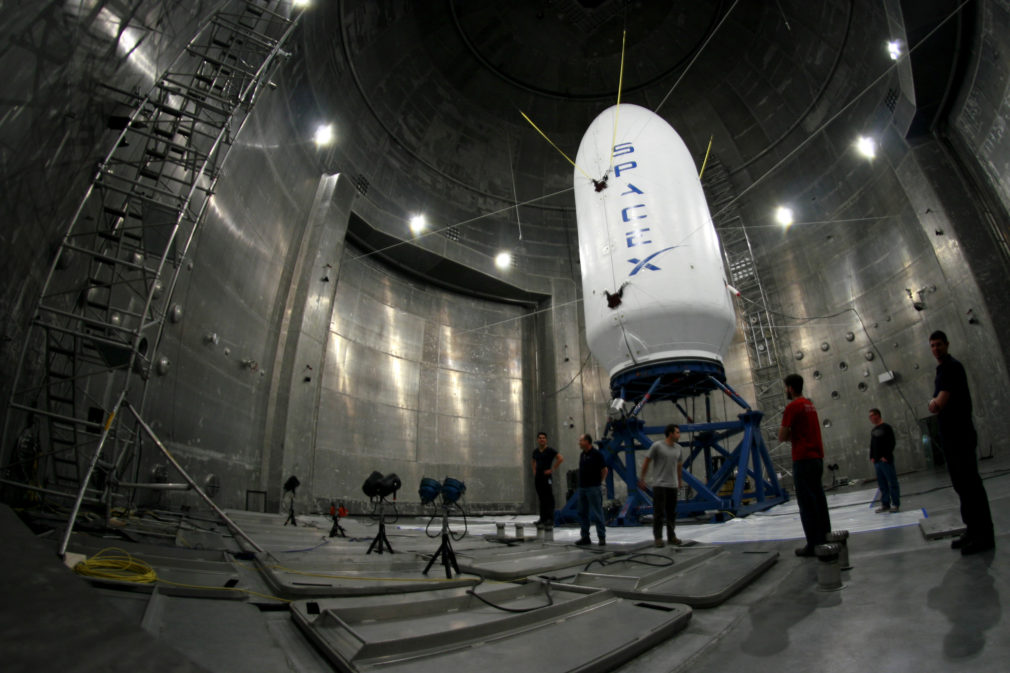Now that the American ride-hailing giant Uber has finalised its decision to merge its China operations with leading cab hailing service Didi, Bloomberg reports — it is now diverting focus towards other key markets, including Singapore and India.
According to people with direct knowledge of the counteractive plan, Uber will re-deploy 150 engineers from its China operations to other key Southeast Asian markets. The anonymous source also added that the company is working to develop new features such as mapping, to boost services for the region including Singapore, Thailand and Indonesia.
In a move fueled by the aim for profitability, Didi has finally put an end to the cab aggregation war in the country by acquiring Uber’s Chinese operations. Didi plans to integrate the managerial and technological experience and expertise of the two teams.
This deal, however, allows Uber to free and redirect capital from world’s most populated country to the second most populated one.
The company will double down on putting resources into other markets and hire more engineers locally in India,
added one of the people.
And this might be pretty much true because Uber is obviously sitting in a pool of deep money. It has raised over $15 billion in recent months and is now valued at $68 billion. Under the Didi deal, Uber has received another $1 billion investment from the Chinese ride-hailing company. Didi in turn has received a minority equity stake in the company.
This shift in strategy also shows that Uber might have waved the white flag for peace in China, but isn’t ready to give up its battle for customers in Asia. Uber competes with local online cab aggregators, including Ola in India and Grab in Singapore and Go-Jek in Indonesia. It is looking forward to go head-to-head with local competitors in Malaysia and Thailand as well.
The loss of Uber at the hands of Didi has boosted Grab CEO Anthony Tan’s morale, who in an internal memo sent to his employees said,
With the deal in China, we expect Uber to turn more attention and divert resources to our region. But we have seen that when the local champion stays true to their beliefs and strengths, they can prevail. We see this happening in China, and it will be the same here.
But there is another uncertainty that looms in the hindsight of the Uber-Didi merger. The Anti-Uber alliance which unites Didi, Grab, Old and Lyft Inc. now stands baseless. We’d need to be on the lookout of the impact of the same on other members.
But you can say that, Uber might still find it a little difficult to find its footing in India. It has recently been caught up in a storm of lawsuits against government’s cab aggregation policies and guidelines. It has also struggled to obtain a legal cab aggregation licence in Karnataka as well.
We’ll have to wait and see if Kalanick pushing more money into India operations will possibly help the company overcome these minor hiccups, operate freely and have a chance in tackling the rapidly growing Ola.





